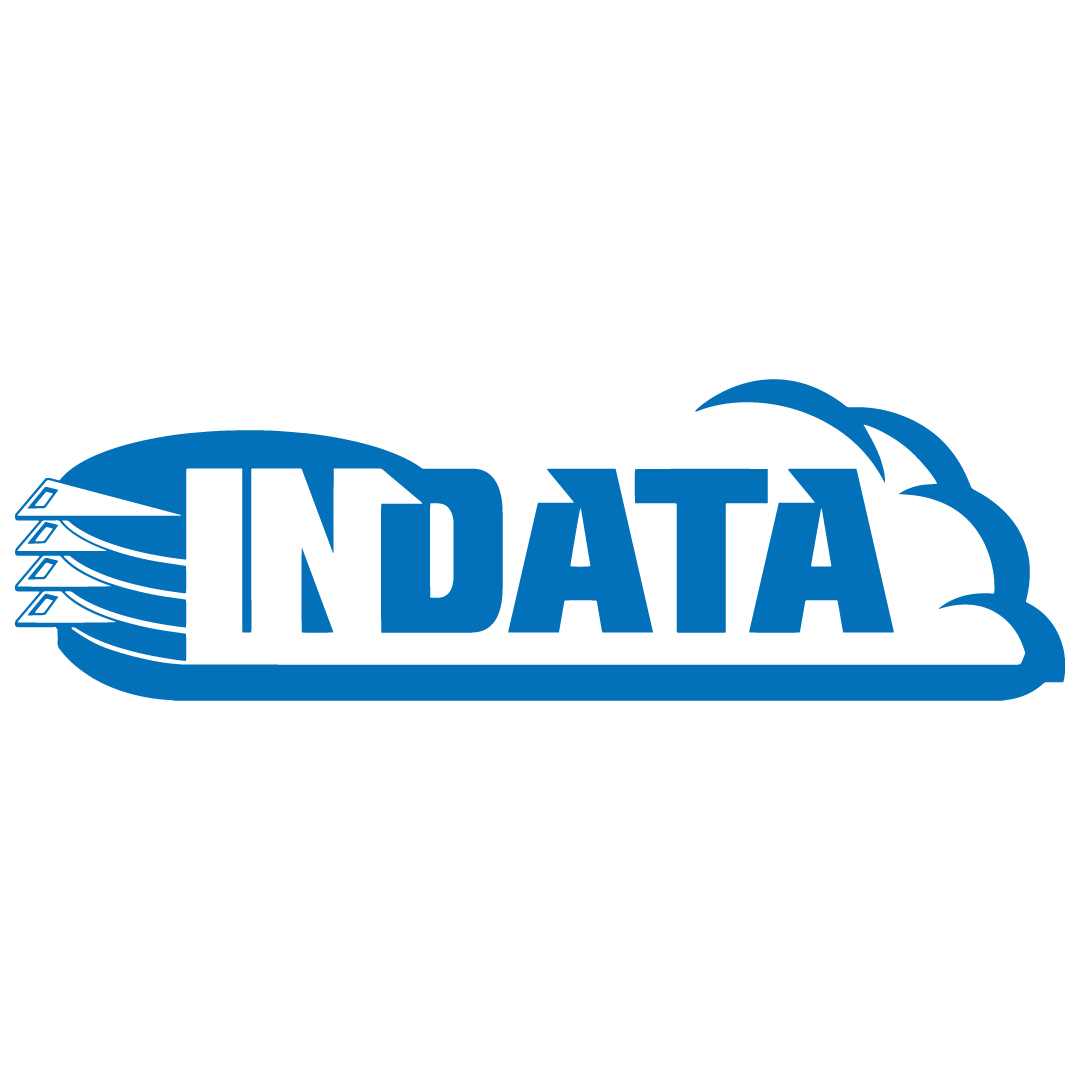Russian cyberattacks have officially gone from covert behind the scene operations to public displays of defiance to the UN and the United States. This is the world we live in. Are you ready?
The Russian government is openly telling the US they are coming for us. Fox News reports that Biden warns of ‘evolving intelligence’ suggesting possible Russian cyberattacks against the US. While this is positioned as a warning, it is already happening. The National Security Agency (NSA) has been reporting known state-sponsored attacks exploiting widely used IT software tools such as VMware.
Most small business owners think hackers don’t care about small businesses. It is the opposite; hackers use software programs to go wide and attack as many small businesses as they can simultaneously. The heart of the US economy is small businesses.
Most small business owners think hackers don’t care about small businesses. It is the opposite; hackers use software programs to go wide and attack as many small businesses as they can simultaneously.
The heart of the US economy is small businesses. It is the job creators and Main Street of America. Small businesses make up 99.7% of US employer firms, 64% of net new private-sector jobs, 49.2% of all private-sector employment, 42.9% of private-sector payroll, 46% of private-sector output, 43% of high-tech employment, 98% of firms exporting goods, and 33% of exporting value. America’s small businesses produce 13 times more patents per employee than large patenting firms; these patents are twice as likely as big company patents to be among the top 1% most cited.
Russia’s government is coming after US core infrastructure including energy, transportation, and US government targets. But they won’t stop there, Russia has a considerable force when it comes to the scale of its cybersecurity attack capabilities. They are and will continue to go wide and attack private businesses. To be clear, this doesn’t require a declaration of war for the cyberattacks to begin, they already have.
The United States should anticipate more of the same and be prepared for a long fight.
The recent SolarWinds hack is a prime example of Russia’s continued attempts to undermine US infrastructure and institutions. Though the details of the attack are still emerging, it is clear that Russia was behind it. This hack represents a serious national security threat, as it could allow Russia to gain access to critical US infrastructure and systems. The SolarWinds hack is just the latest in a long line of Russian cyberattacks against the US, and it is likely that there will be more to come.
Cyberattacks are going to happen in one form or another to all businesses. Nimble business leaders will adjust their risk management process and investments accordingly. Do not use a cyber liability insurance policy as a crutch to bail you out from a ransomware attack. Most insurance policies do not protect businesses from foreign government attacks.
As the world increasingly relies on digital infrastructure, the risk of cyberattacks also increases. Businesses must be proactive in their approach to managing these risks, rather than reactive. Cyber liability insurance can help protect businesses from certain types of attacks, but it is not a catch-all solution. Leaders need to ensure that their organization has a comprehensive approach to managing cyber risks that include insurance and other measures such as incident response plans and security best practices.
To protect against the possibility of an attack, check with your IT Team or a 3rd party Security Auditor to make sure you have cybersecurity best practices implemented to protect your business, applications, client data, and finances.
About Author: Mike Braico is the CEO of InData Consulting, Inc. an IT Managed Services Cybersecurity company. He has 20 years of Information Security experience and consults with clients across different industries including manufacturing, financial services, agriculture, healthcare, and digital content.

